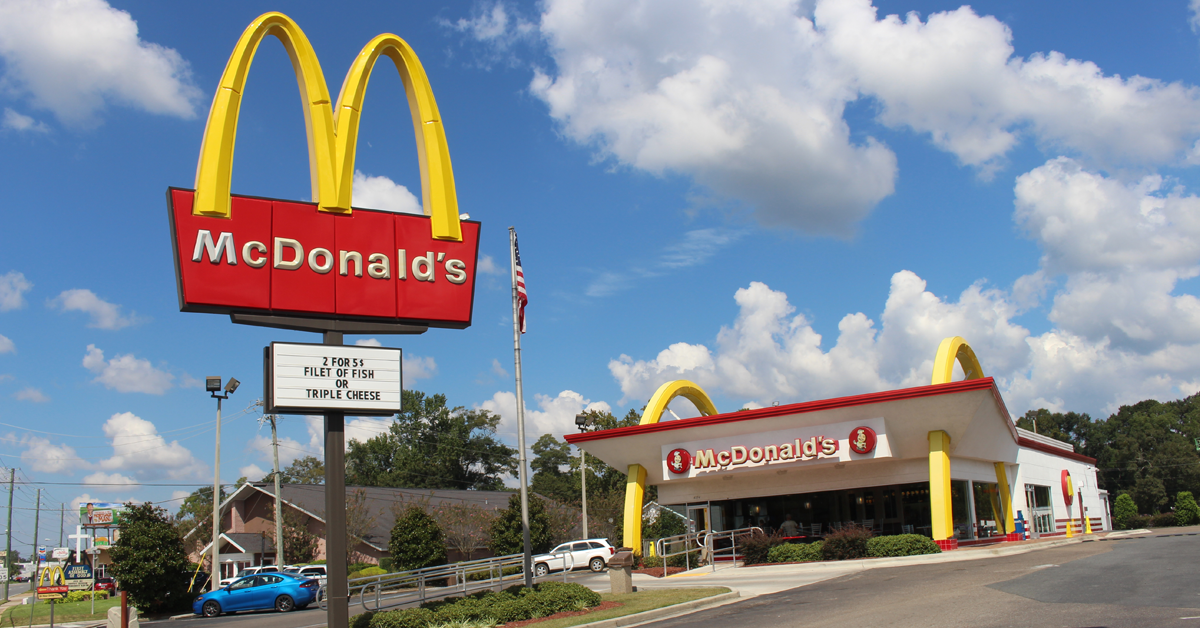The Justice Department filed a civil complaint against CVS Pharmacy Inc. and its subsidiaries for allegedly filling “unlawful” prescriptions, violating the Controlled Substances Act.
CVS is accused of seeking reimbursement for these prescriptions from federal healthcare programs, breaching the False Claims Act.
The big picture: Prosecutors claim that CVS filled prescriptions from 2013 to present for excessive quantities of opioids, early fills, and “trinity” prescriptions combining opioids, benzodiazepines and muscle relaxants.
- CVS is also accused of filling large quantities of controlled substance prescriptions from prescribers involved in “pill mill practices” without legitimate medical purposes.
- The complaint asserts that CVS disregarded evidence from multiple sources, including pharmacists and internal data, that indicated the dispensing of unlawful prescriptions.
- CVS has cooperated with the DOJ’s investigation for over four years, but strongly denies the allegations, calling them a “false narrative.”
What we’re watching: If found liable, CVS could face civil penalties for each unlawful prescription filled, along with treble damages for prescriptions reimbursed by federal healthcare programs.
Zoom out: The DOJ’s lawsuit against CVS is part of a broader effort to hold companies accountable for contributing to the U.S. opioid crisis.
- The recent McKinsey & Company settlement for aiding Purdue Pharma in boosting OxyContin sales is another example of efforts to combat the addiction and overdose crisis fueled by opioids.
- Over the past decade, drugmakers, wholesalers, and pharmacies have agreed to approximately $50 billion in settlements with governments to address the crisis, with funds aimed at fighting addiction and overdose issues.









